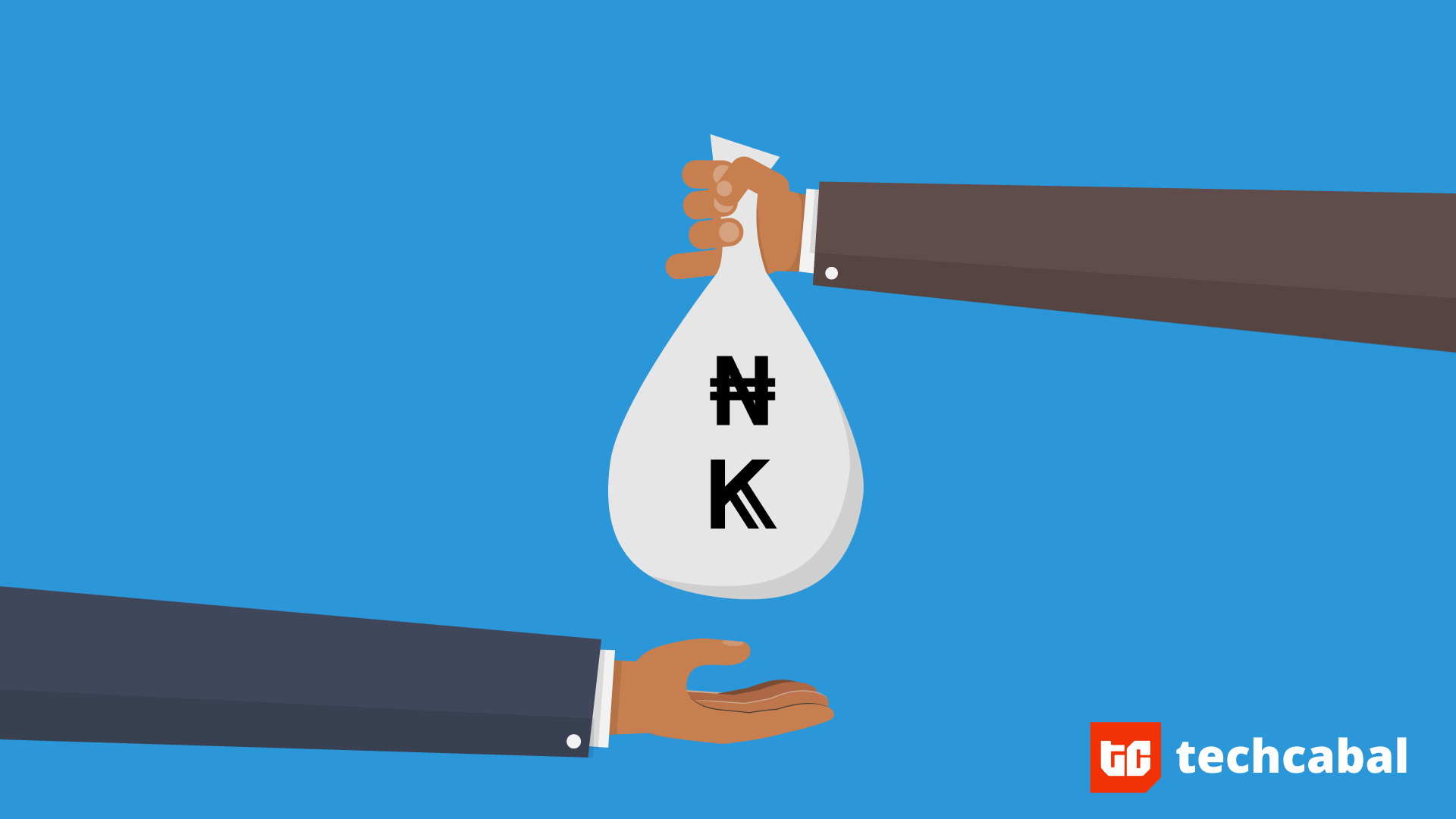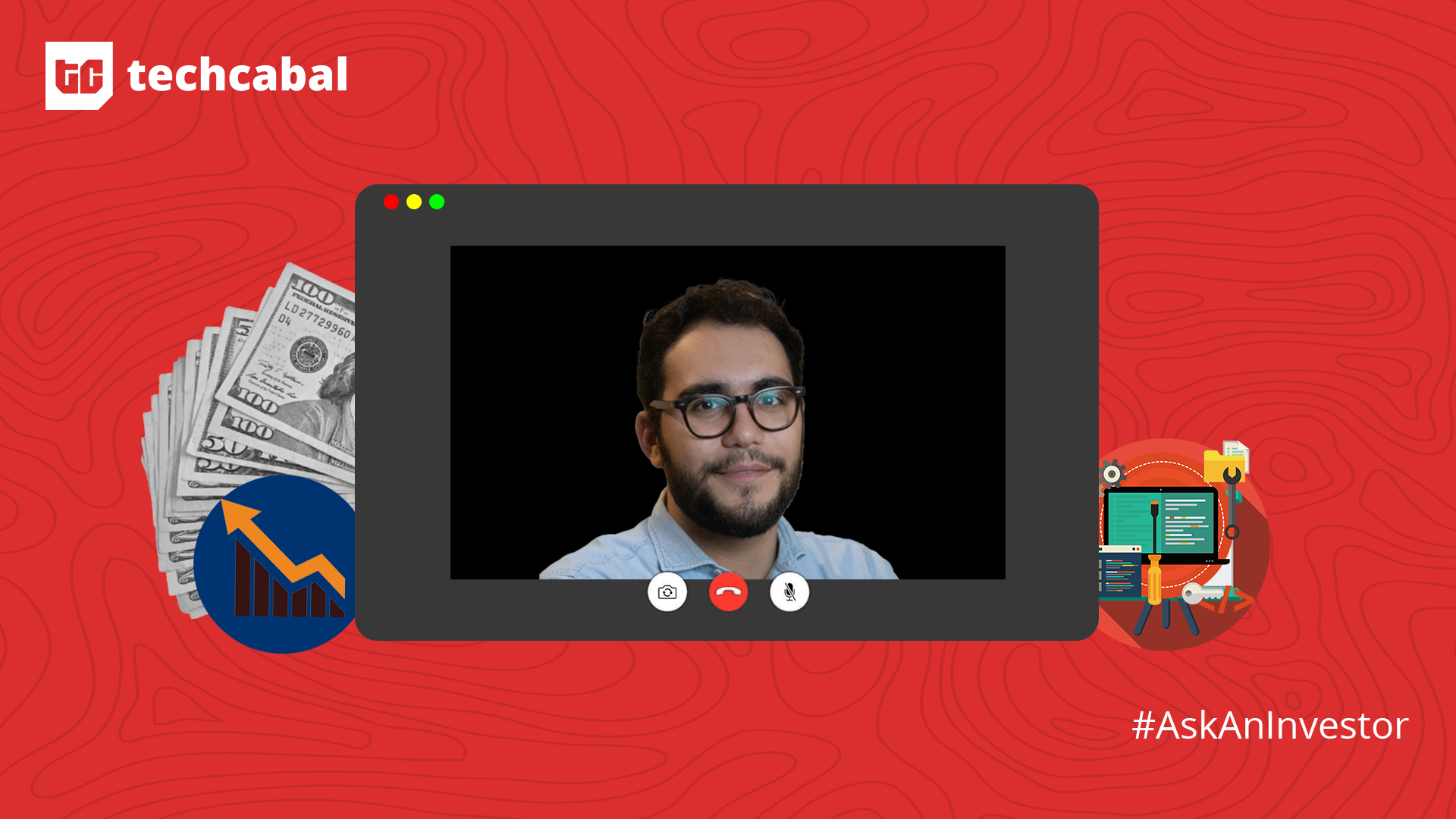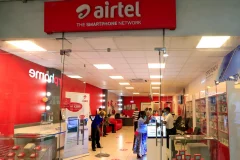A few months ago, Udoma Nseobong took a ₦30,000 ($60) loan from CashLion Credit. He repaid the weekly interest consistently for six weeks until his final payment.
Unfortunately, he defaulted on his final payment by a day due to unforeseen circumstances. This short period was enough time for Nseobong to be declared by CashLion credit as a fraudster on the run with his entire family to his contacts (OP: ICIR Nigeria).
This incident is one out of many which indicate that digital lenders will go the extra mile, sometimes using unethical methods, to get their loans back.
Notably, despite the criticism against unethical practices by lenders, some still justify this method of debt collection.
“There is no defamation of character involved when we trust people we’ve never seen by giving them money and when it’s time to pay they don’t pay,” Titilayo Adetonya, a customer representative for digital lender CashLion told The ICIR.
“It’s lawful to send those messages to their contacts because we warn them before we send those messages to their contacts and that’s how we get our money,” she said.
After many years of unending complaints, on August 17, the National Information and Technology Development Agency (NITDA), slammed Soko Loan Company Limited, a Nigerian digital lending platform, with a fine of ₦10 million for privacy invasion. Soko Loan was found guilty of unilaterally sending privacy-invading messages to the loan defaulters’ contacts.
This sanction, although a mere warning shot, is the first public attempt by NITDA to address this prevalent issue. The sanction served as a clarion call for digital lenders to use ethical alternative methods to collect loans.
But what does an ethical alternative look like and how effective is it?
An alternative approach
Julian Flosbach knows what it’s like to look for better alternatives, as he experienced it first hand when he was the general manager at FairMoney, a Nigeria-based digital lender turned digital bank. He helped grow the company from 8 employees to over 120 employees; and in that same period, Julian also supervised doling out loans to over a million customers.
“In the early days when giving out a few loans, it’s easy to have a team of five in charge of collections but as things scale up and you have to manage over one million borrowers you start reconsidering a few things,” Julian said. “When you have 100,000 defaulters [10% default rate], you have to ask yourself, ‘Do I want to be a fintech lender or do I want to be a collection company?’
At one point, FairMoney had as many as 80 employees managing collections in-house; but it quickly became clear that running in-house collections moved the company’s focus away from its business model: giving out loans.
So the company decided to search for an external solution, and found themselves with the best available option at that time: business process outsourcing (BPO) firms who do customer service for big banks and telcos. But it didn’t take long to see that there were some cracks in the collection process.
“If you want to do collections with operational excellence then just calling customers actually doesn’t always work. These BPOs don’t have customised computer systems for collections, rather they have generic customer relationship management tools (CRMs) or predictive dialers. So for instance they call customers once a week, instead of when the customer actually should or wants to be called. It’s not very efficient.”
This harrowing experience led him to team up with Moses Nmor (Chief Product Officer), and Chukwudi Enyi (Chief Operations Officer) to start BFree, Africa’s first digital credit collection company. All three co-founders worked together at FairMoney.
The company saw an opportunity to be one of the less than ten digital credit collection companies grappling for a slice of a $14.4b credit collection market in emerging markets. In emerging markets, BFree’s competitors are India’s Credgenics (recently raised $25m Series A) and CreditMate (backed by Paytm), FLOW in Singapore and Blu365 in Brazil.
In the space of over a year since it launched, BFree has grown to nearly 460,000 active customers from over 20 lenders in Nigeria and Kenya.
What does Ethical credit management look like?
Looking away from the approach of other debt collection solutions, most of which thrive on humiliating customers, BFree focuses on ethics and technology in debt recovery.
BFree helps lenders collect loans from their borrowers for a fee. The company charges a commission on the repayments that a lender receives. This commission depends on the lender’s portfolio size and quality amongst other factors.
BFree’s ethical approach to loan recovery is guided by a data-backed belief that the majority of customers take a loan with the intention to repay. Of course, with the exception of isolated cases of fraudsters and fraud victims.
This approach is validated by the fact that the average 90 days default rate of Nigeria’s top digital lending companies is 10% — FairMoney (10%), Carbon (11%), Branch (<10%). This means that only about 10% of Nigerians (there’s no central register, but Flosbach estimates about 10-15 million people) default on loans.
“The majority of the customers (70-75%) fall into the category of folks that want to pay but cannot repay. This is usually due to loss of income — loss of job or the business went bad or there was an emergency that took away the money.”
This is a common case in a country like Nigeria where people live from hand to mouth. Without insurance, anything can topple their sustainability.
At BFree customers are appraised based on two factors: willingness and capability to pay.
“When a lender like Branch or FairMoney gives us a portfolio, we assess and underwrite the loan. We take their behavioural data and build two things: collectability score and use case. Then we move these into a collection funnel.”
This debt collection process basically starts as a self-service platform where customers can log in and see their own repayment plans. At this phase, customers get SMS messages and perform loan repayment activities themselves. This way BFree reduces the number of man-hours spent on making calls and customers aren’t forced to deal with unexpected phone calls during working hours.
In the case where a customer defaults, BFree reaches out to the borrower to find out why and to also get a promised date of payment (verbal agreement). This simply involves reaching out and asking them for when they’ll be able to make a payment. Based on the agreed dates, automated reminders are put in place.
BFree operates call centres with about 200 agents who are responsible for reaching out to customers. BFree’s goal is to make the process of debt recovery 95% automated in the next few years.
“The story of collections has gotten bad press with BPOs taking data and threatening customers. Automating this process helps remove the risk of this happening because a bot will never threaten a customer.“
What happens when customers default
Flosbach acknowledges that one of the inherent risks of lending is that you have to accept that there’s always going to be default. He believes that the way out here is to accept that some customers won’t repay, and assist customers that will repay as much as possible.
“There’s no portfolio in the world that doesn’t have default. In this case, you have to assess whether it’s a natural default or an operational default.”
In a natural default, the customers don’t repay because of an unexpected occurrence like a health emergency. When this happens the best case is to re-assess the customer status and agree on a different repayment plan.
“We should normalize the fact that customers have financial emergencies, the same way nobody blames people for going to the doctor when they fall unexpectedly sick.“
In an operational default customers don’t repay because of a flaw in the loan collection process. For example, customers don’t get the right repayment plan or they’re not aware of how to make the repayment i.e they don’t know which bank account to pay to.
BFree’s process helps to ensure that operational default decreases as much as possible. So far 95% of customers have rated their experience with BFree as good or satisfactory, a hint that the company’s approach is effective.
As lending expands beyond an activity being performed by only traditional banks and digital lenders to one that almost every company can, BFree’s value proposition remains relevant.
Flosbach believes that BFree’s ultimate goal is to increase trust in the African lending space.
“We’re increasing trust in the financial retail market by decreasing risk and giving businesses a better margin.”





















